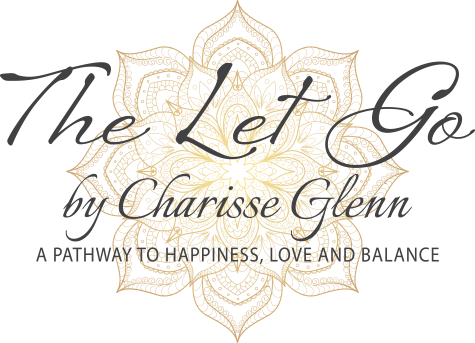The trick is to recognize what is worth keeping, choose one’s battles, and not dwell on losses.
~ The Gambler
With any venture started, flexibility is essential. Altering the originally anticipated course will not always be necessary, yet doing so when needed can be considered a strength.
We must judge when a situation is strong enough to hold the path or too weak to continue for success. The ability to change a decision consciously is a skill we can develop.
Discerning the difference between giving up and modifying a decision is crucial.
Quitters are good at explaining their excuses, hoping to convince themselves more than others. They may also blame external factors as if those elements only affected them. Consciously modifying a situation needs no undue explanation. Once the pros and cons are explored, the decision to change becomes the best situation for a win-win outcome.
One person’s decision to alter their course does not affect another’s decision to hold it. No one walks in our shoes; therefore, no one can judge whose decision was correct despite the outcome. The lessons learned from either decision are of critical importance.
What prevents us from revising a decision?
Decision-making is choosing between two or more choices of action. We do this every day, from deciding what to wear, what to eat, or what to show to watch. Yet, people often find it hard to make decisions; once made, they see it challenging to be flexible enough to change their minds.
The inability to change our minds is often a result of stubbornness. This rigidity may be seen in other behaviors and can sometimes be the effect of fear. This behavior is usually unconscious, believing that when someone attempts to change their mind, it is a direct affront to their qualifications, feeling like a personal attack. Thus inciting a rebellion because of their insecurities. Stubbornness can indicate inflexibility in one’s life, and it can also go into the idea that if we don’t hold our ground, we will be taken advantage of.
Once we can let go of those ideas of a personal attack, of being taken advantage of, or an insult to who we are, the power that arises from flexibility can take hold.
How to become more decisive:
Accepting uncertainty is a part of living.
Letting go of the conclusion that there is only one way to do something. Many paths lead from A to Z.
Start by practicing with small choices. Take small steps outside of your comfort zone.
Narrow down your possibilities. Limit choices. Weigh your options.
Know what to discard and what to keep.
Practice mindfulness.
Surround yourself with those who think outside the box, who take calculated chances, and who you trust. Then, use their feedback to make a new decision.
Having nothing to prove to others and understanding that we have zero to lose from changing our minds and everything to gain is freedom enough. Holding steady may involve some risks, yet there are never guarantees. True success comes from taking whatever the outcome is and turning the lesson learned into a triumph.
Consistency can be a trap, especially if it leads to being consistently wrong rather than to stopping, admitting your mistake, and changing course.
~ Jane Fonda





